20, July 2024
Southern Cameroons Crisis: 4 Amba fighters killed in Alabukam 0
At least four Ambazonia fighters have been killed in a Yaoundé-backed military offensive in the Northwest region, the army said on Saturday.
The raid took place Friday in Alabukam, a neighborhood in Bamenda, the regional capital.
Among those killed was deputy commander of the Ambazonia Restoration Force in the locality the Francophone dominated military said in a statement.
Bamenda has witnessed renewed violence since early July, after Southern Cameroons Self Defense Forces ordered that all taxis in the city be painted in blue and white, the colors of the flag of the Federal Republic of Ambazonia.
Armed English speaking fighters began clashing with the Francophone dominated government forces in the South West and North West in 2017.
By Fon Lawrence with files
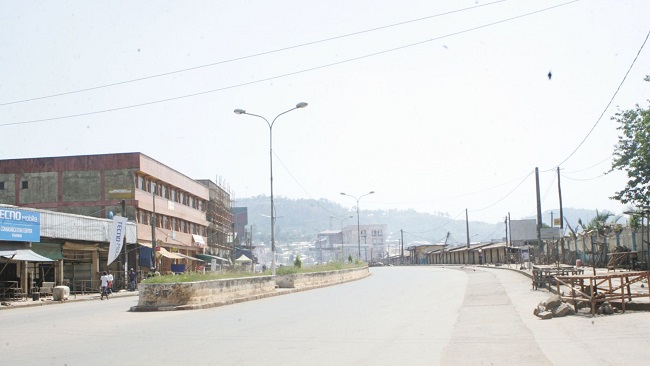
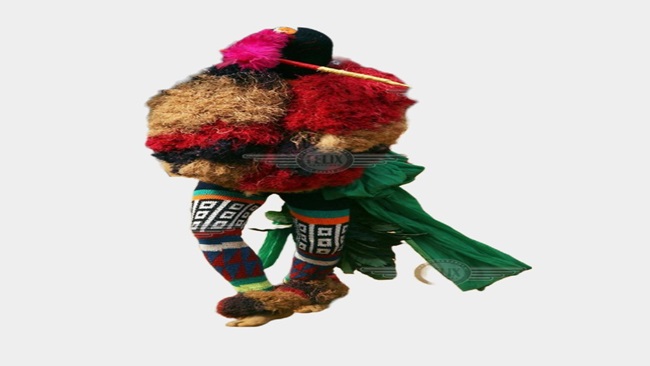




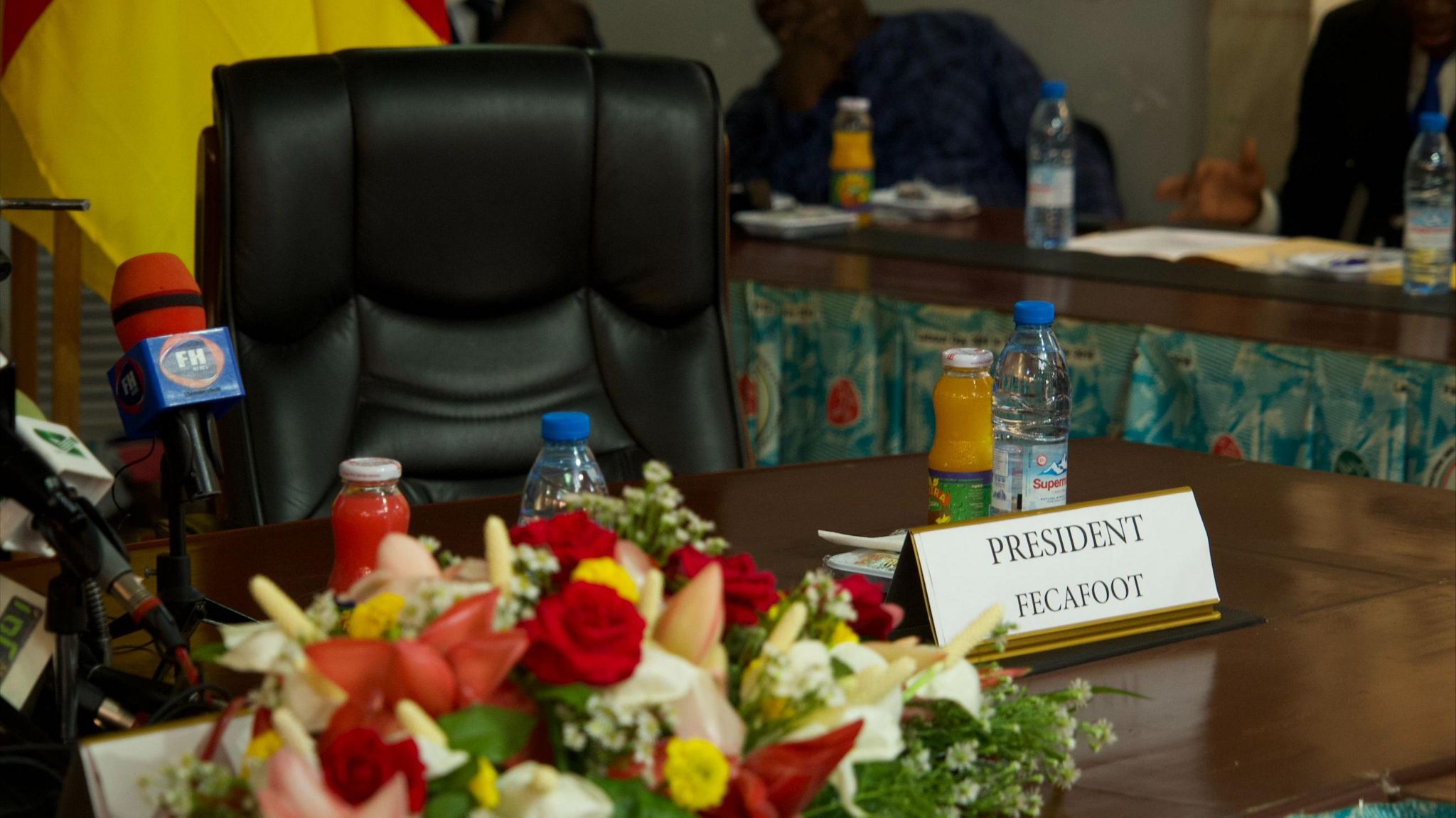
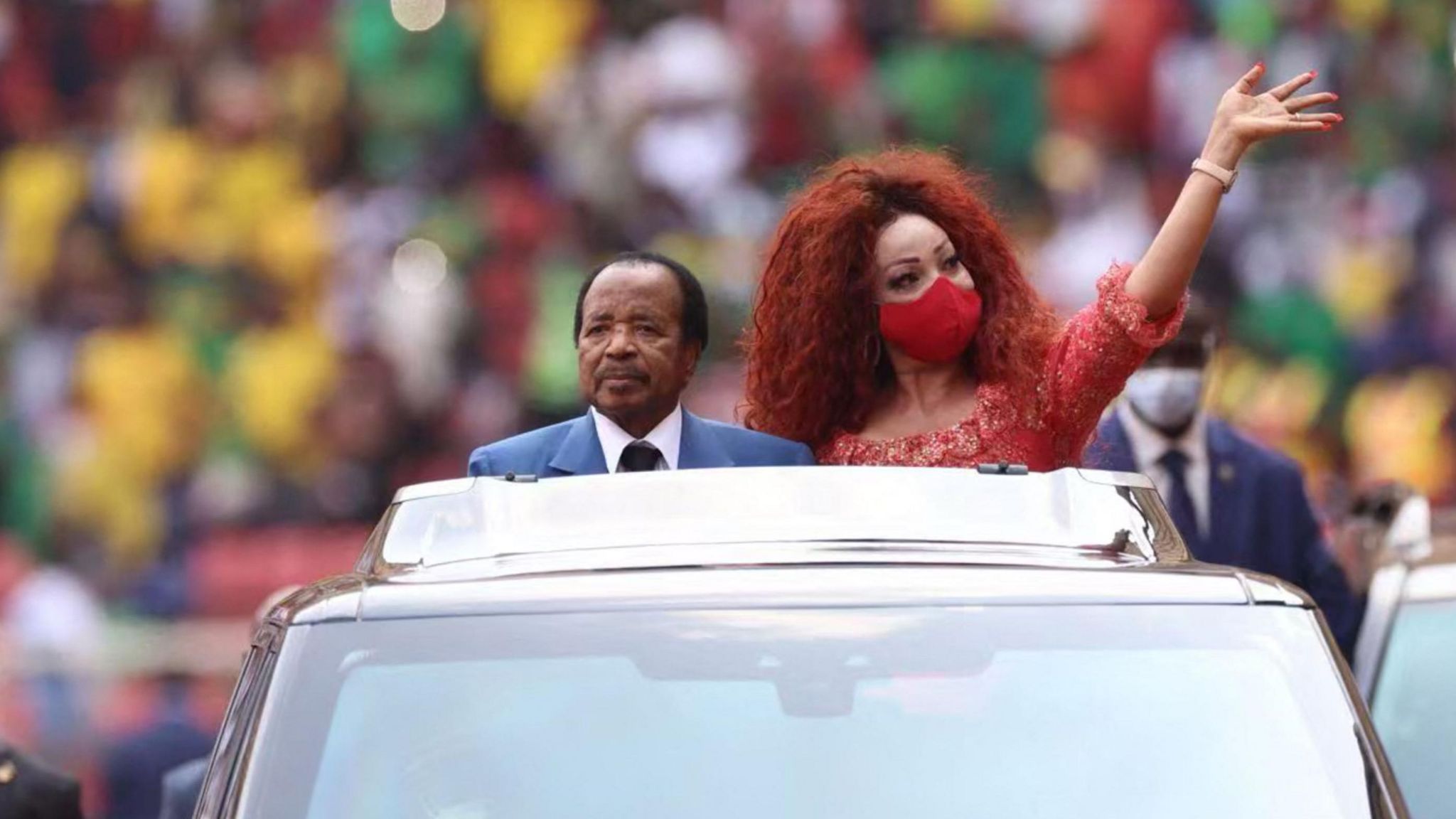
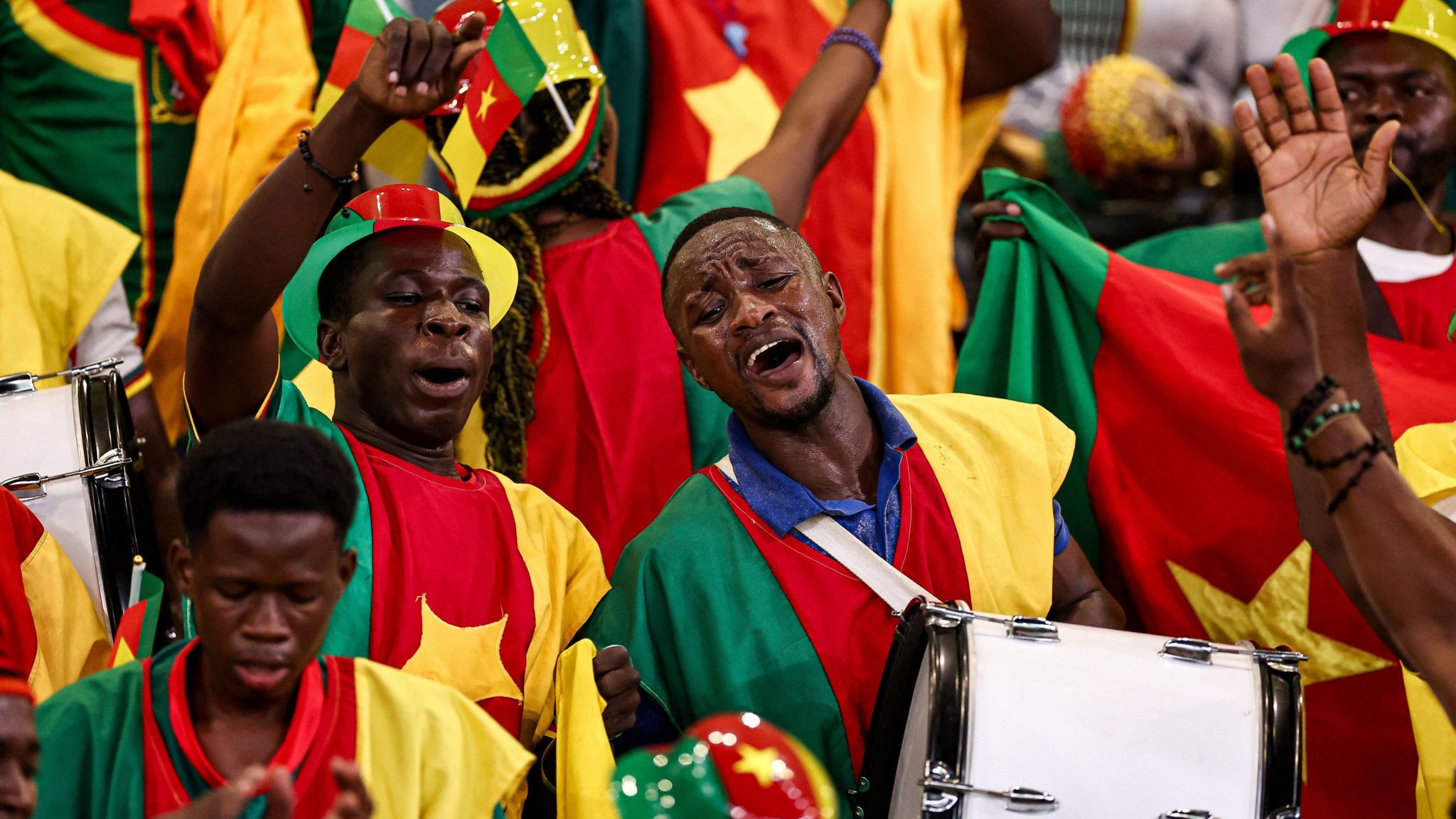
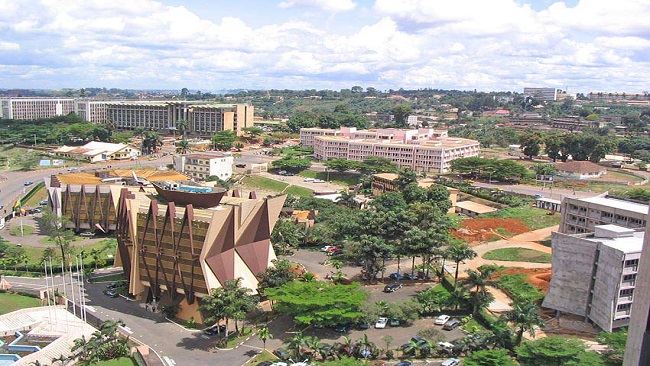
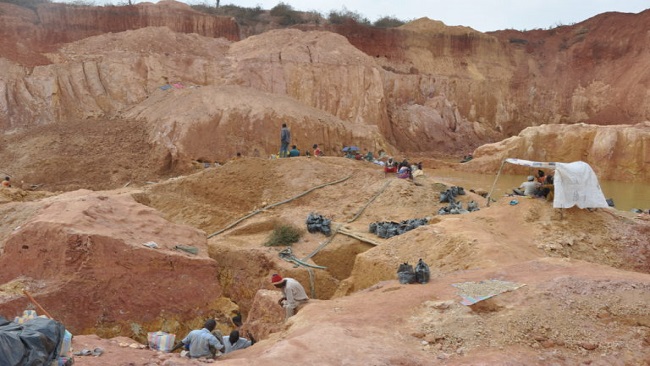
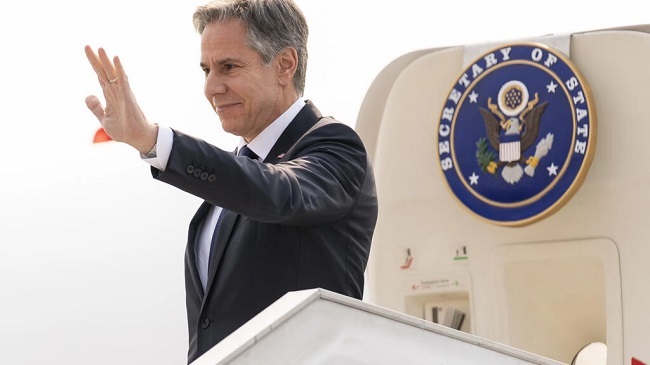

















24, July 2024
CPDM Crime Syndicate: Biya authorizes CFA616 Billion in borrowing for 2024 budget 0
President Paul Biya signed a decree authorizing Finance Minister Louis Paul Motazé to secure a total of CFA616 billion in loans for the state. This amount is allocated for “financing development projects included in Cameroon’s 2024 finance law and settling outstanding payments (invoices pending with the Treasury),” according to the presidential decree. Of this total, CFA280 billion is to be raised domestically, while CFA336 billion will be sourced from international markets.
The decree aligns with an earlier ordinance signed by President Biya on June 20, 2024, and approved by Parliament. This ordinance amends certain provisions of the 2024 finance law, which was passed by Parliament in November 2023. The revised finance law increases the state budget by CFA533 billion (+8%), raising it from CFA6,679.5 billion to CFA7,212.5 billion.
A close examination of the budget adjustment reveals that the additional CFA533 billion will primarily be financed through borrowing. The government plans to increase its “loans and other financing” by CFA488 billion, representing 91.5% of the budget increase. Specifically, the allocation for loans and other financing will rise from CFA1,489.4 billion in the initial finance law to CFA1,977.4 billion in the revised budget, with a significant portion coming from international debt.
Debt Breakdown
The 2024 budget adjustment includes a reduction of CFA95 billion in loans from domestic public securities. In response, the government has decided to secure additional “program loans” amounting to CFA240 billion from multilateral lenders, and “initial loans from external private entities” that could reach up to CFA467 billion. Additionally, the government has cut its initial borrowing targets from Paris Club members, non-Paris Club governments, and other private external entities by CFA123 billion.
Overall, the CFA616 billion in authorized borrowing combines the CFA533 billion increase from the revised finance law and the remaining loans needed under the initial budget. This is expected to raise Cameroon’s debt levels throughout 2024.
According to the Autonomous Amortization Fund (CAA), which manages public debt in Cameroon, the country’s public debt reached CFA13,070 billion as of June 2024, up 4.9% year-over-year. Of this total, 93.5% is direct central government debt (CFA12,219 billion, or 40.4% of GDP, well below the 70% threshold set by the Cemac region), while 6.4% is held by public enterprises and institutions, and 0.1% by decentralized territorial authorities.
Source: Business in Cameroon